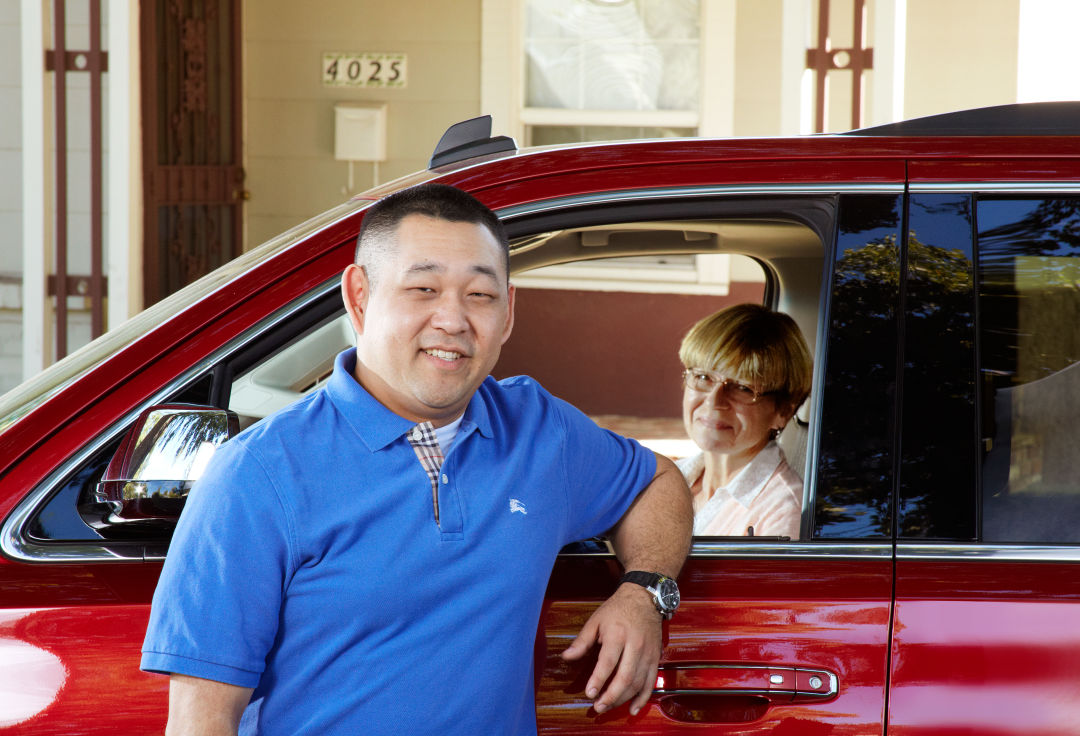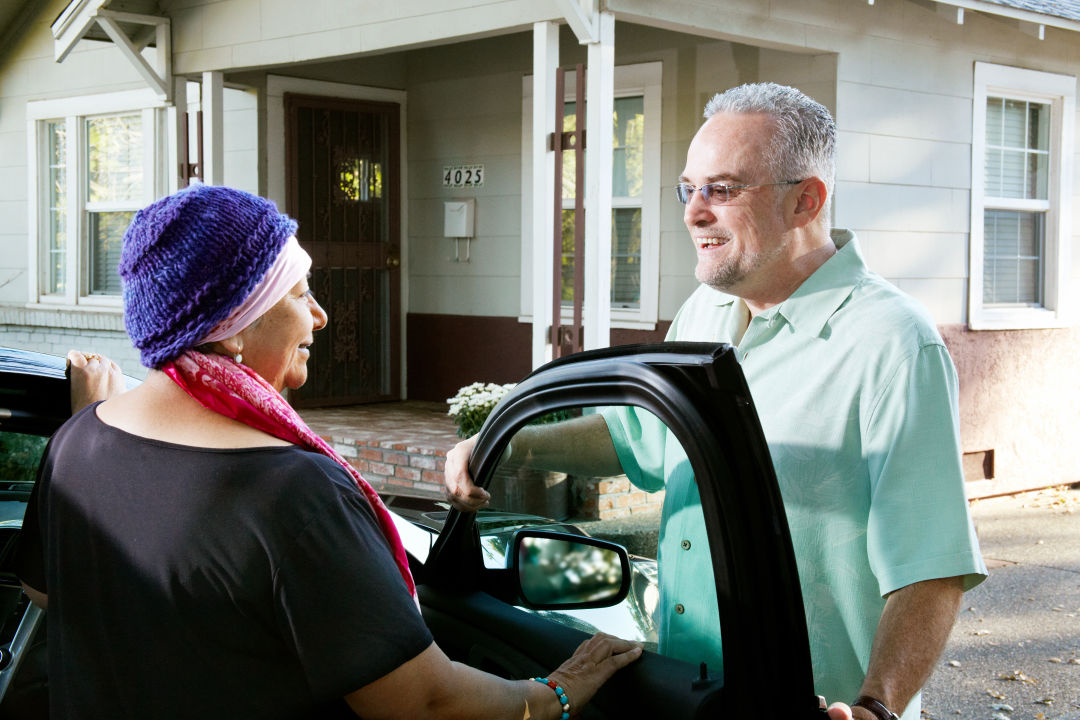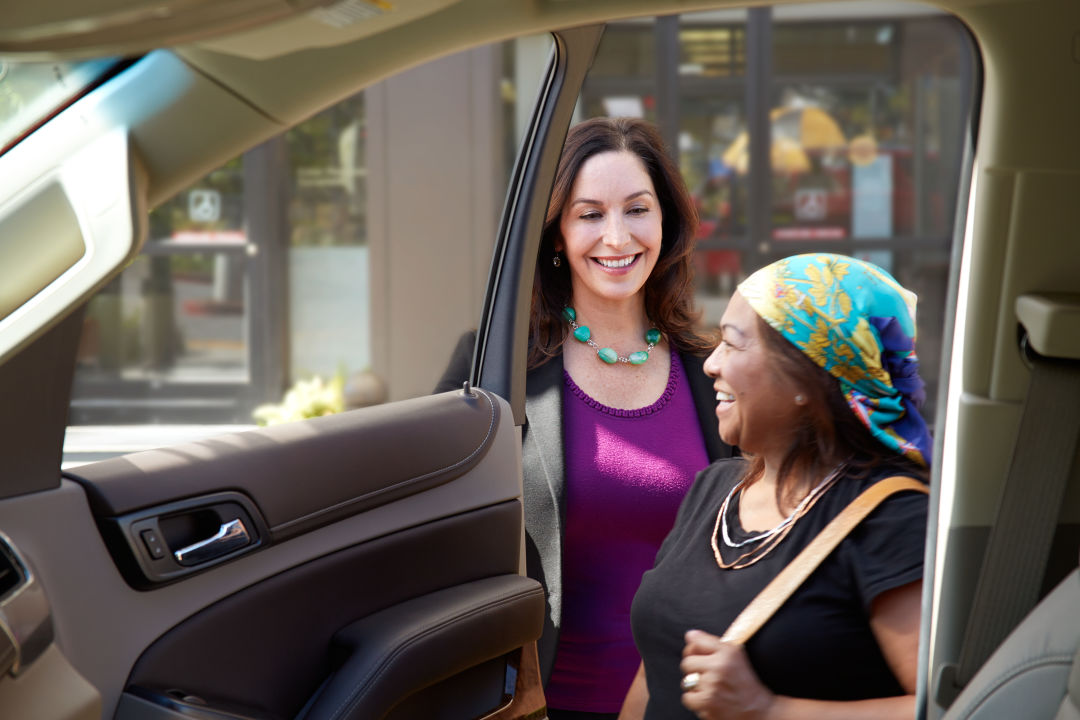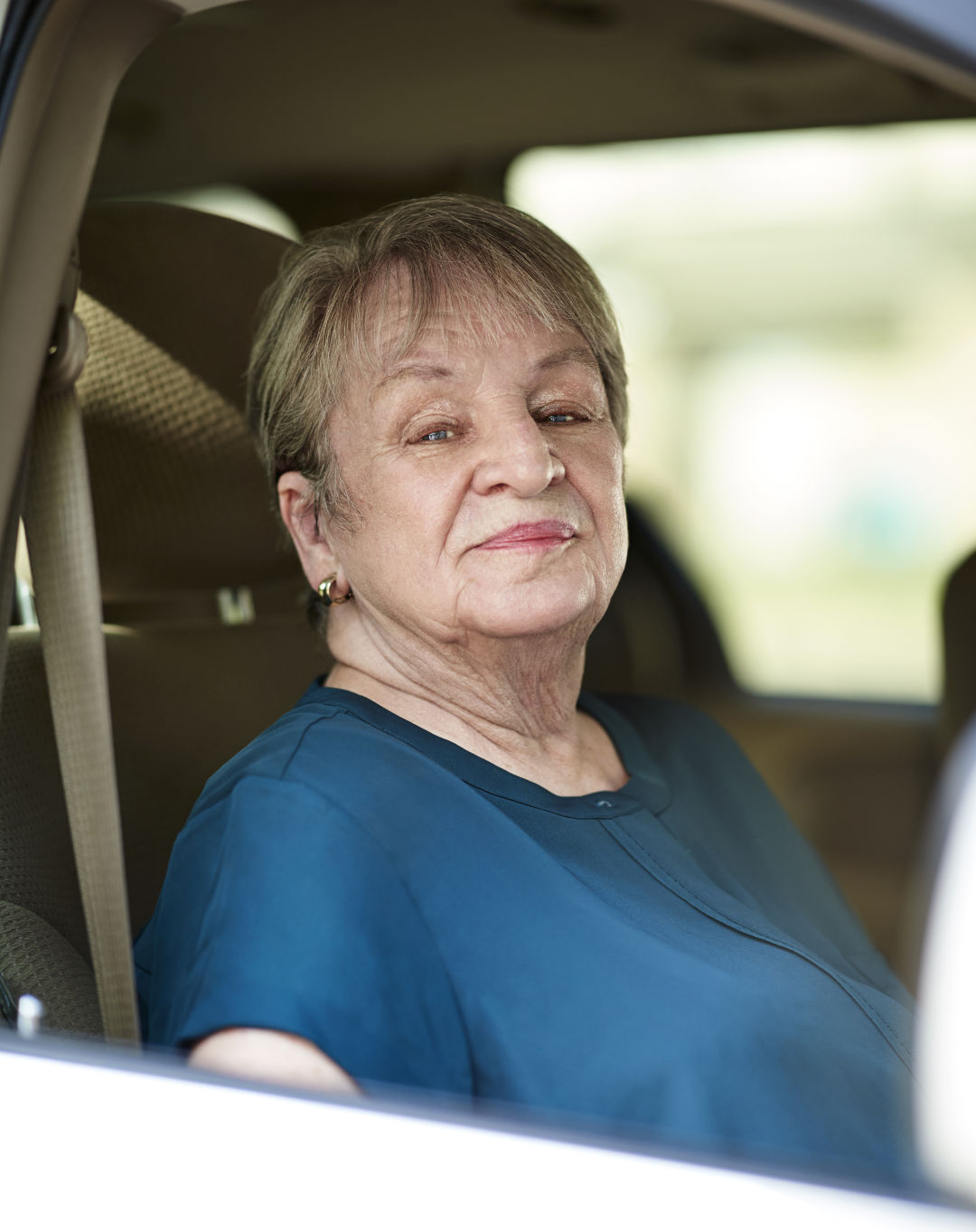American Cancer Society’s Road To Recovery Gets Patients to Treatments

As if the sickness that comes with cancer isn’t devastating enough, oftentimes the side effects from chemotherapy can be just as taxing on the body. During these treatments, it’s not uncommon for patients to experience crippling nausea, weakness or lethargy. Though pain medications can help to limit their suffering, drugs can also further impair their ability to drive, making it an overwhelming task to travel to and from medical centers for checkups. It’s a fight that no one should ever have to take on alone. Thanks to the American Cancer Society’s Road To Recovery program, one less obstacle stands in the way.
This free-of-charge resource matches cancer patients with a pool of volunteers and other transportation services like taxis or in some cases, ride share providers such as Lyft, ensuring that they are able to receive the necessary therapies, exams and tests. In the Portland area specifically, the ACS partners with local nonprofit organization Ride Connection, which primarily assists the elderly. With this existing infrastructure in place, the network of Road To Recovery volunteers provided about 800 rides in 2017.

It’s easy to take such a simple aspect of life for granted, but merely being able to attend treatments can mean life or death in patients’ fight against the disease. “Unfortunately, there are more people than you would like to think that don’t have a support system out there,” says Courtney Clark, who oversees the program. “But then, there are other people who have a spouse, but their spouse can’t take off work three or four days a week to take them to treatments because somebody has to have a job and hold the insurance, or whatever it may be.”
A helping hand (and vehicle) is just a phone call away. By contacting the ACS patient service center, coordinators can then take note of the patient’s personal requirements and from there, arrange a ride schedule that matches their needs.

When it comes to volunteers, more is always better in this uphill battle. Though Portland has the most ride requests in the state, the city is actually second to Eugene for available volunteers. “We have about 20 drivers in the area and a couple more are finishing up their training,” explains Clark. “Hopefully we’ll be up to 23 or 24 pretty soon. In an ideal world, to have double the amount we have right now would be great.”
Those who want to offer their free time can also reach out to ACS volunteer coordinators in every county. Following a background and DMV check, potential drivers will then take part in several online trainings that cover the history of the ACS, privacy best practices and how to provide the best experience for passengers who are going through a difficult time. “Volunteers really deliver the best ride experience for patients because they tend to have more empathy,” says Clark. “A lot of them are survivors or were a caretaker at some point, so they really know what patients are going through during their treatments.”
It’s important that people know there are people in their corner, and Road To Recovery isn’t the only resource ACS provides. “Our other big focus is lodging. A lot of times, we’re getting patients from the coast or Eastern Oregon, sometimes California or Seattle,” Clark says. “We partner with local hotels to provide rooms for patients who might be traveling into the Portland area. The only requirement is that you live more than 40 miles from your treatment center. And again it’s reduced to no cost for the patient.”

Another form of support, the Reach To Recovery program, pairs newly-diagnosed breast cancer patients with survivors. This relationship can help them grapple with scary or technical questions, and represents the hope that they too can overcome their cancer. Financial advising, wig banks and grief counseling are available as well, and for anything that the ACS doesn’t offer itself, it compiles a list of additional free assistance.
All of these resources are great, but they are completely ineffective if those in need are not aware of their existence. “I’ve talked to a lot of survivors who are like, ‘why did I never know about this before?’” says Clark. “The more people we can get the information in front of, the better.”

To learn more about Road To Recovery, call 1-800-227-2345, or visit www.cancer.org/treatment/support-programs-and-services/road-to-recovery.
For anyone interested in volunteering locally, contact Courtney Clark at [email protected]
